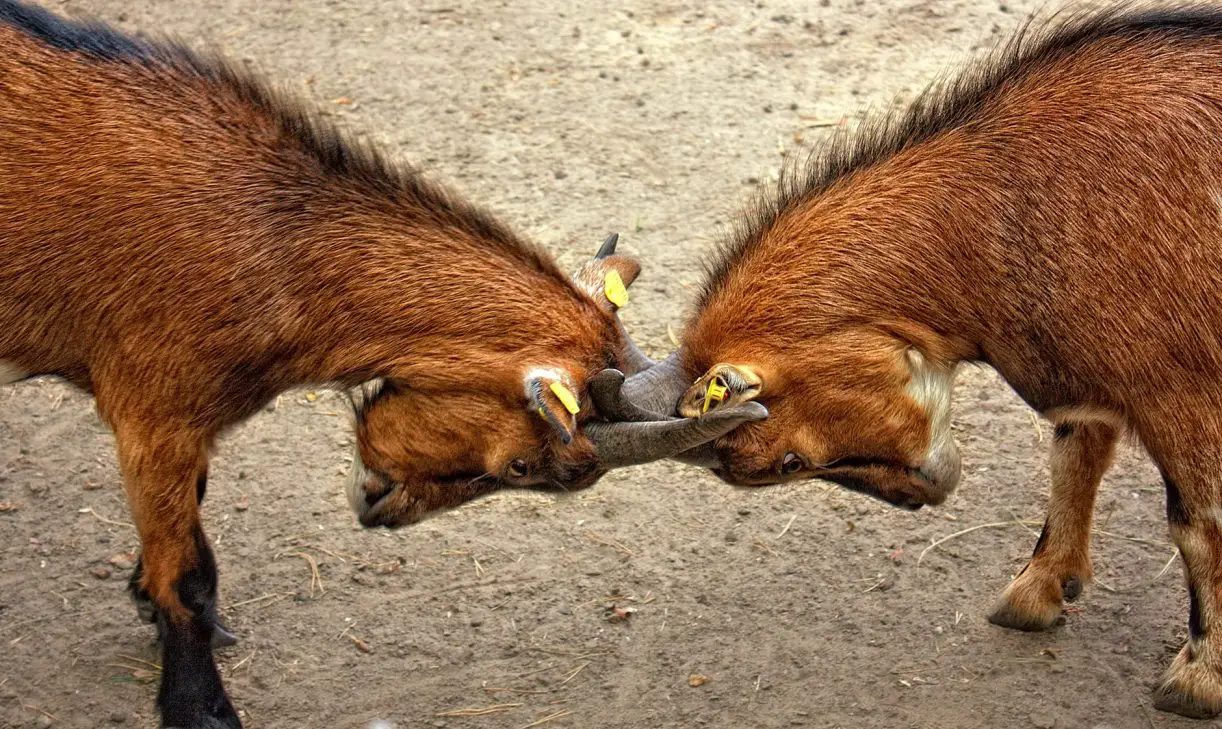
By Phillip Swann
The TV Answer Man –@tvanswerman
TV Answer Man, I read that the owner of the Nexstar stations offered to let DIRECTV keep showing the channels while they negotiated longer with a deadline later in the year. Why on earth would DIRECTV not do that?! We would have our channels now!! — Jan, Providence, Rhode Island.
Jan, DIRECTV on July 2 lost 159 Nexstar-owned local network affiliates when the carriage agreement between the companies expired. (The blackout also affects DIRECTV Stream and U-verse.) The TV provider refused to pay what Nexstar wanted in carriage fees under a new agreement.

Did DIRECTV Really Reject Nexstar’s Offer?
The Memphis Commercial Appeal reported on July 6 that Gary Weitman, Nexstar’s executive vice president and chief communications officer, said his company offered DIRECTV an extension of the old carriage pact so it could continue carrying the stations while negotiations continued.
“He (Weitman) said Nexstar offered DIRECTV an extension to a date of their choosing up to Oct. 31, while the two media companies continue negotiating and they ‘flatly refused,’ the newspaper writes.
But there’s another side of the story.
“We offered an extension beyond football season and they offered one in the middle of football season when it would aggravate fans (if a blackout occurred then),” a DIRECTV spokesman told the TV Answer Man when asked about the Weitman allegation.
Still, it’s fair to ask why DIRECTV didn’t take the extension offer. DIRECTV viewers of those 159 Nexstar stations could have kept their local channels without being blacked out. (The blackout affects NBC, CBS, ABC, Fox and CW stations.) Fox viewers wouldn’t have lost the July 11 All-Star Game and the FIFA Women’s World Cup, which started today. And perhaps a settlement would have been reached before whatever new deadline came up, be it October 31 or something else.
All true, perhaps. But I can’t blame DIRECTV for rejecting the offer.
Why?
With the blackout starting in July, when viewership is traditionally lower, DIRECTV retains the upper hand in negotiations because subscribers are less likely to cancel now. In contrast, if the blackout began on October 31, Nexstar would have the advantage because DIRECTV’s customers would be more inclined to switch services then so they could watch the NFL.
Knowing Nexstar’s history of playing hardball in carriage negotiations, DIRECTV did not want to chance starting a blackout when subscriber anger would be at its peak.
Since companies never publicize fee demands and ultimate settlement terms, we’ll never know if it turns out to be the right decision. But in theory, it was the right strategic move.
Jan, hope that helps. Happy viewing and stay safe!
Have a question about new TV technologies? Send it to The TV Answer Man at swann@tvanswerman.com Please include your first name and hometown in your message.
— Phillip Swann
@tvanswerman



Thank you for explaining….mls